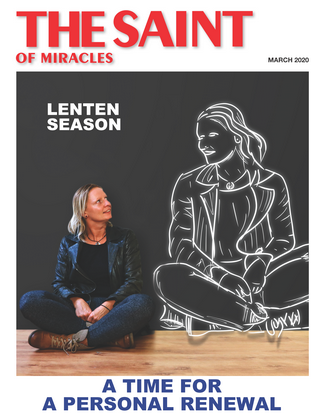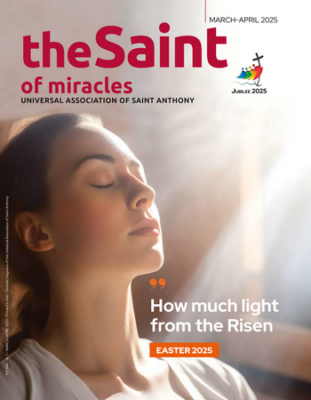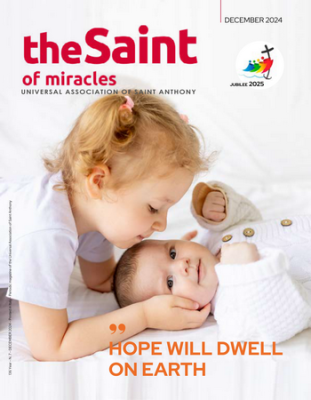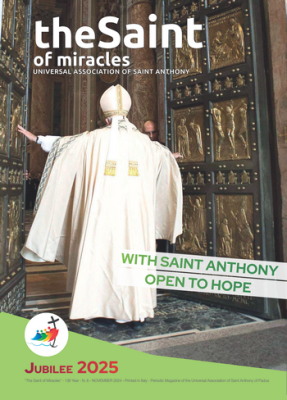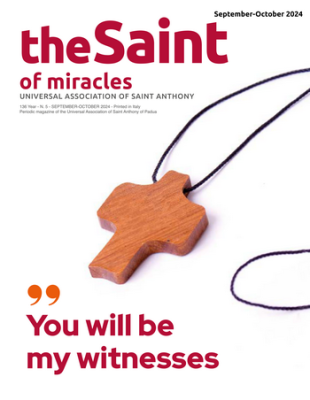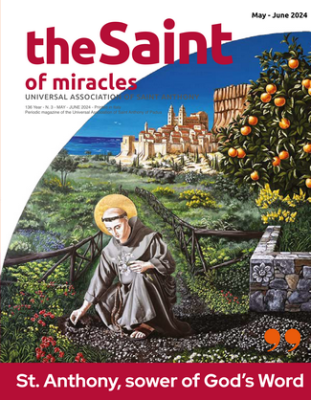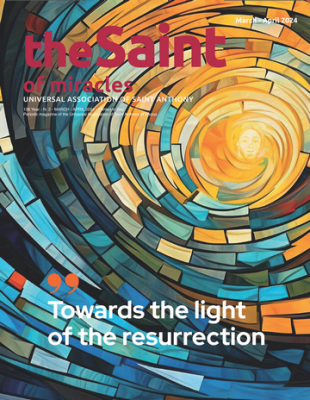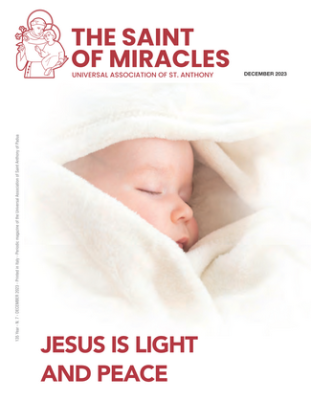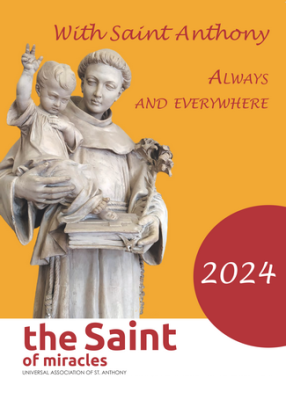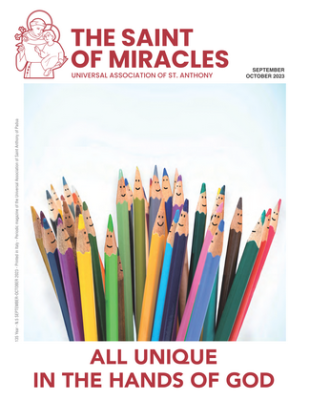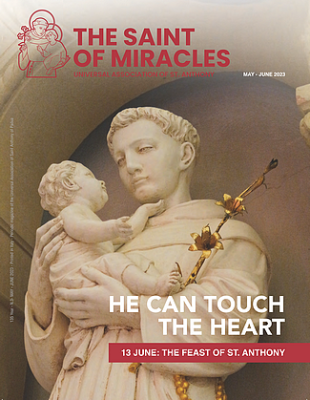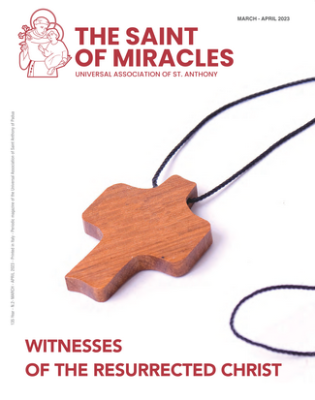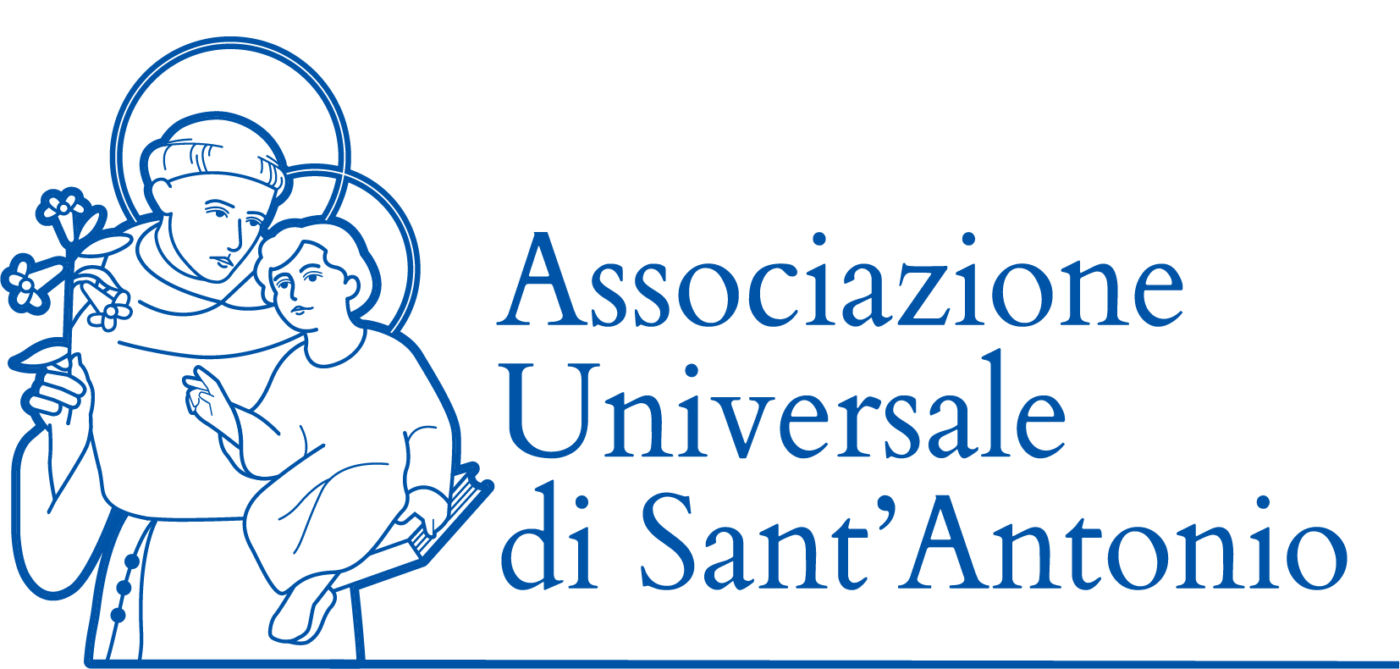Year 132 - March 2020Find out more
To change the world
Fr. Livio Tonello, director

“It used to be better!” Who hasn’t used this expression when faced with unfortunate situations and found refuge in the good old days? Past time seems better than the present and maybe even than the time to come. But it is just a way to express easy “lamentations”. Those that we already find in the lyrics of the classics.
Cicero, for example, deplored the widespread corruption by exclaiming: “O tempora! O mores!” Horace called the nostalgic “laudator temporises acti”: unable to revive the past, they gladly return to it with their memory. Are we living in dark times today, with corrupt customs? Actually, the perception of reality (sometimes distorted) is due to several factors.
First of all, the development of communications. We know in every moment what is happening in every part of the world. A truly remarkable amount of news! Secondly, because it is the tragic ones that make the most noise. So it seems to us that every day there is an increase in crimes, violence, evil.
Finally, we do not live long enough to make a global judgment on an entire era. Times change and yet the change is physiological. It happens all the time. Change is in the order of things, it is in view of improvement, of survival. It would be good to always change for the better, but unfortunately that is not the case. On closer inspection, how many steps have been taken with regard to the rights, dignity, equality of the human being while still noting the presence of inequalities and denials (press, religion, political ideas...).
Turning the pages of history, we realize that societies of the past were not better than ours. The believer is the man of hope and the future because he knows that evil, violence, and death have been overcome by his Lord. How? By confronting them without perpetuating them. If he had reacted to violence with violence, he would have multiplied it. If he had let himself go for revenge, he would have produced more evil. Jesus interrupted the flow of evil that is perpetuated among people.
As did Christian martyrs whose sacrifice we remember on 24 March: the date was chosen to commemorate the killing of Blessed Oscar Romero (24 March 1980). Their death was not in vain because it contributed to the growth of good without using violence. They paid a very high price, however, fruitful for a real change. For our part, we are not called to blood martyrdom, but to the “white” one, that of daily testimony. We are called to renew ourselves every day. We are reminded of this by the time of Lent that we are living (which began on 26 February, with Ash Wednesday).
Not a change as an end in itself but to progress spiritually. There are many occasions when we can oppose a gesture of wickedness to a sign of good: change begins at home. It is the invitation to be less pessimistic, grumpy and resigned to the wrong things. We cannot change the world, but at least our way of thinking and acting. Thomas More wrote from his prison: “God, grant me the serenity to accept the things I cannot change; courage to change the things I can; and wisdom to know the difference” (Prayer of the Tower, 1587).


 Italiano
Italiano Français
Français